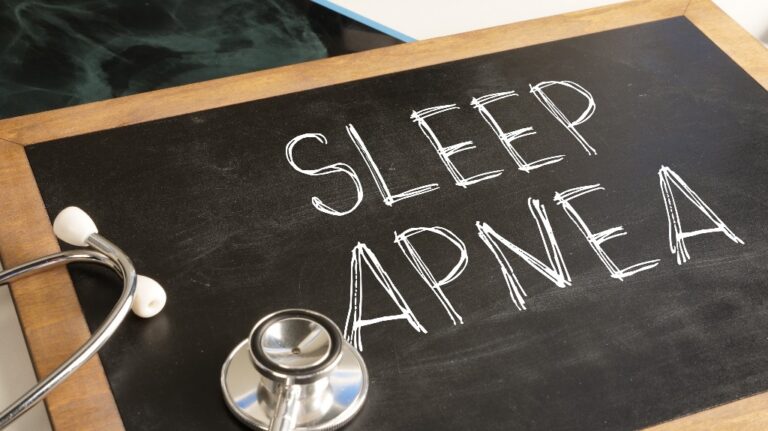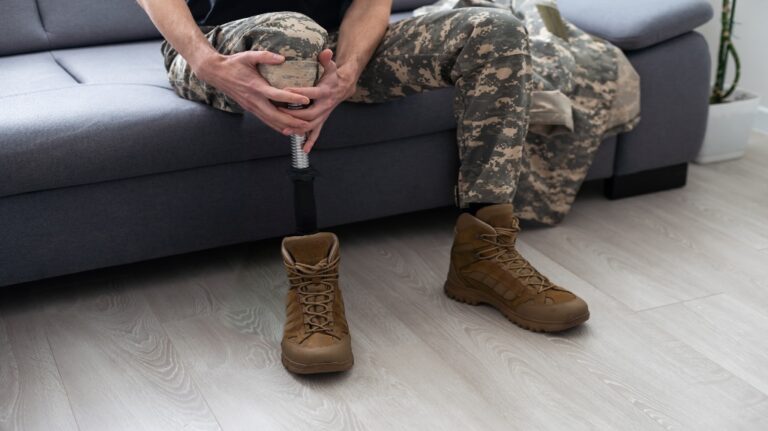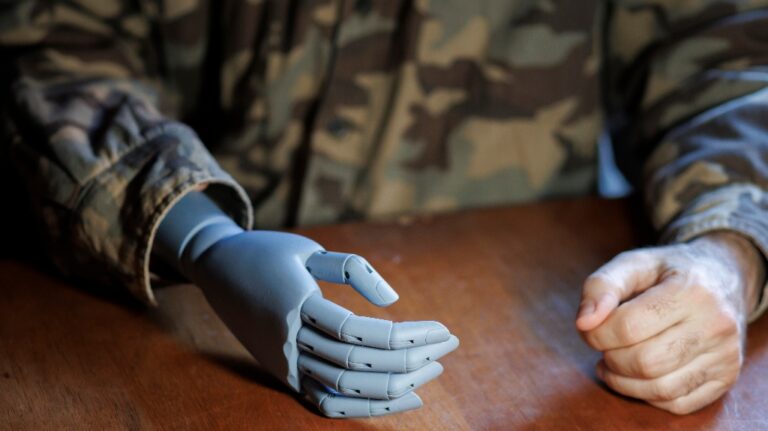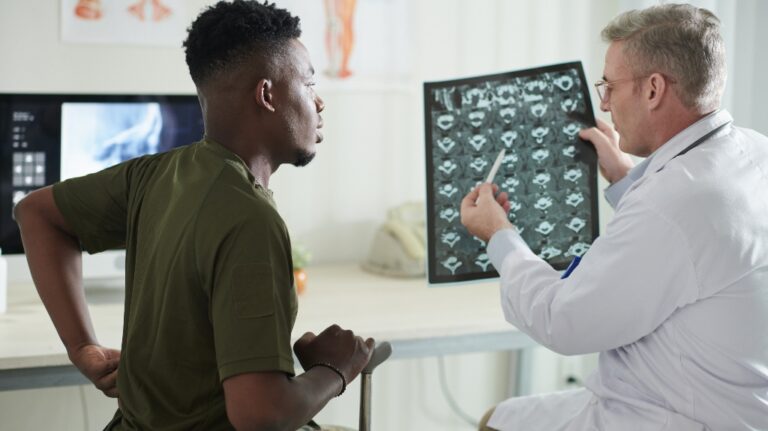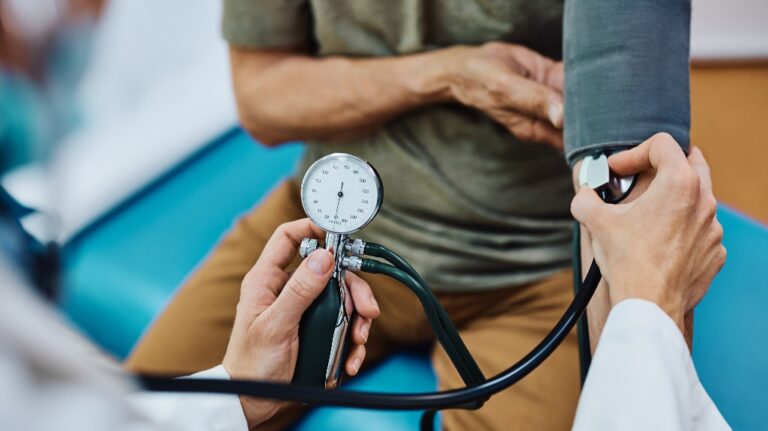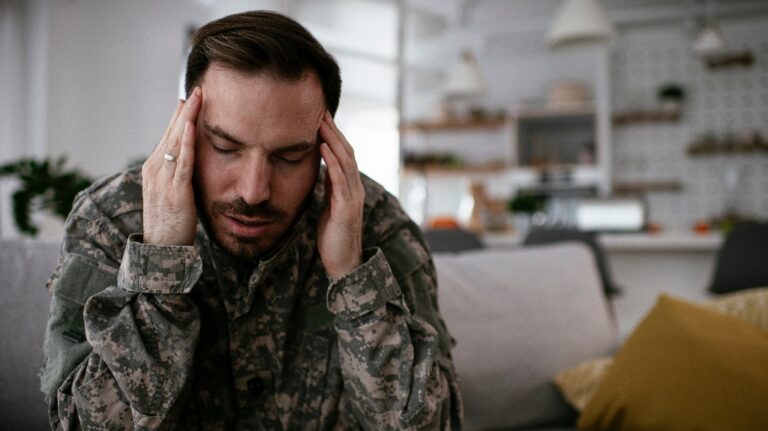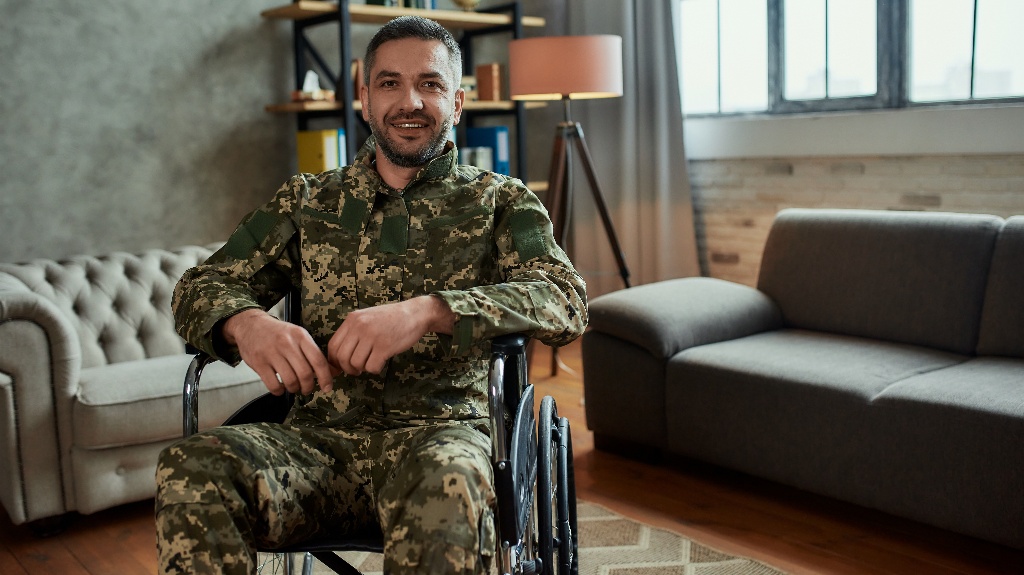
If you have suffered a disability due to an injury sustained in military service or developed a medical condition from exposures or events during your service, you may qualify for VA disability benefits. Obtaining comprehensive evidence can give you the best chance of success when filing a claim for VA disability evidence. But what evidence can help you build the most robust VA disability claim?
Medical Records: The Foundation of a Claim
Medical evidence arguably serves the most crucial role in a VA disability claim, as a veteran must submit medical records to prove the existence and severity of their service-connected condition. Both service treatment records and post-service medical records can help establish a diagnosis of a medical condition and document the limitations the condition causes for a veteran’s professional and social functioning. The medical record must include a confirmed diagnosis, a consistent treatment history, and information about the veteran’s current physical or mental condition.
Nexus Letters from Medical Professionals
Although medical records can help demonstrate a causal connection between a veteran’s condition and their military service, many VA disability claims include nexus letters from medical experts to explain to a reasonable degree of medical certainty how specific events or injuries in a veteran’s military service caused or aggravated their current disabling condition. An effective nexus letter must cite particular evidence in the veteran’s medical and military service records to support the author’s rationale for why the veteran’s medical condition has a service connection.
Service Records
Veterans frequently include their military service records in their VA disability benefits applications to corroborate their claims about in-service events that caused or aggravated their medical condition(s). Examples of service records used for VA disability claims include personnel records, duty logs, incident reports, accident reports, deployment orders, and combat records.
Lay Statements and Buddy Letters
A veteran may obtain written statements from various people in their life to corroborate their disability claim. For example, a veteran may submit buddy letters from fellow servicemembers or commanding officers to corroborate specific in-service events that allegedly caused or aggravated the veteran’s disability. A veteran may also obtain lay statements from family members, friends, co-workers, or supervisors to discuss the impairments to a veteran’s professional or social functioning. Lay statements can discuss specific incidents in a veteran’s daily life or describe the progression of the veteran’s symptoms or impairments. Lay statements that align with the medical evidence can more effectively support a disability claim.
Independent Medical Examinations and Expert Opinions

The VA may require a veteran who applies for disability benefits to submit to a compensation and pension (C&P) exam to provide the VA with updated medical information. When the examiner provides an unfavorable report, a veteran may seek an independent medical examination to offer a contrasting opinion or a more detailed assessment of the veteran’s condition. Veterans may also obtain expert opinions from treating providers and independent health professionals to discuss the nature of the symptoms or limitations caused by the veteran’s condition.
Additional Supporting Evidence
Finally, a veteran may supplement their VA disability claim with other evidence, such as employment records that demonstrate the veteran’s inability to hold down a job due to their condition or records of other disability benefits the veteran receives from state or federal programs, such as Social Security disability.
Contact a VA Disability Lawyer Today
After a diagnosis of a service-connected medical condition or disability, you deserve to pursue financial benefits from the VA. Contact Veterans Law Attorneys today for a free, no-obligation consultation with a VA disability benefits attorney to learn more about the types of evidence that can help you develop a successful disability claim.

